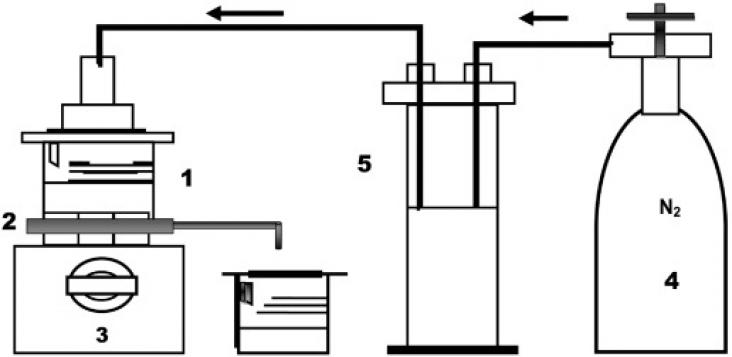Environmentalism and sustainability are two buzzwords that have come to represent an awakening of the people's collective conscience over the last two decades or so.
Various studies have shown that maritime sector needs increased use of zero emission vessels in service by 2030 in order to achieve an absolute reduction in CO2 emissions of 50% by 2050 (consistent wi
With the increasing importance of ‘emerging powers’ in the global economy, questions are raised about the role of developing countries in shaping global norms.
Infant formulas (IFs) can be defined as substitutes for human milk, which are mostly based on cow milk proteins.
Elsevier,
Introduction to Industrial Energy Efficiency, Energy Auditing, Energy Management, and Policy Issues, 2020, Pages 215-226
This chapter advances SDG 7, 11 and 12 by addressing energy efficiency of heating systems, cooling systems, and hot water systems, examining measures to reduce energy use in these systems.
Elsevier,
Encyclopedia of Renewable and Sustainable Materials: Nanomaterial for CO2 Sequestration, Volume 3, 2020
This book chapter advances SDGs 7, 13, and 12 by describing promising nanomaterials for the capture of CO2 emissions. Since it will take time for the world to rely solely on renewables, nanomaterials for carbon capture can help protect the atmosphere from harmful greenhouse gases in the interim.

Although numbers are still low compared to cattle rearing, intensive dairy goat farms have been widely spreading in the Italian livestock systems.

A cationic chelating polymer, namely biopolymer chitosan CHI with a molecular weight of 117 kDa is employed in the present study to bring about the retention of azoic dyes from its aqueous solutions b
Does humanity's future lie in the ocean? As demand for resources continues to grow and land-based sources decline, expectations for the ocean as an engine of human development are increasing.
The recovery of resources from waste streams including food production plants can improve the overall sustainability of such processes from both economic and environmental points of view.
